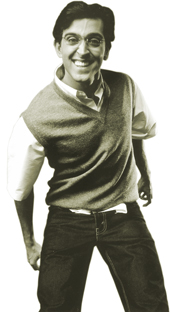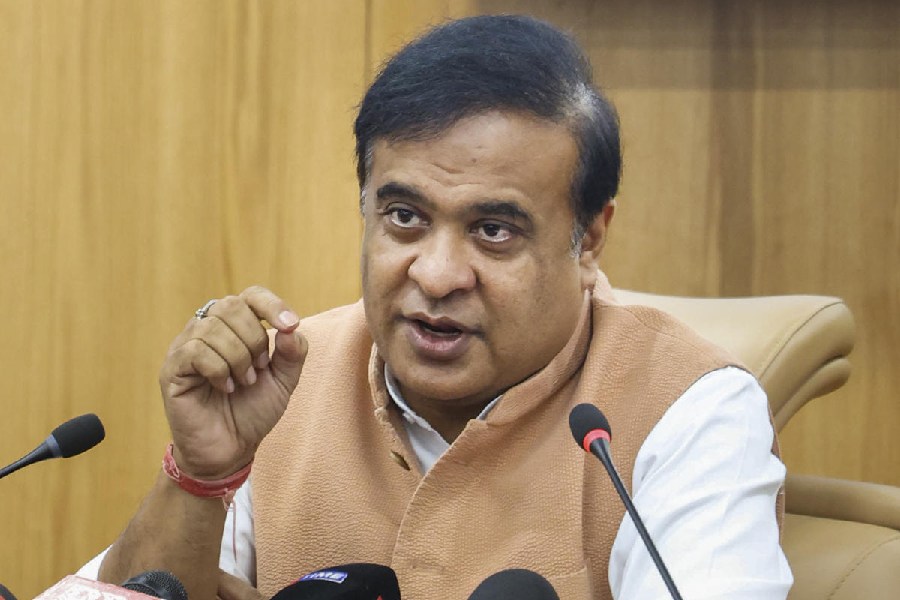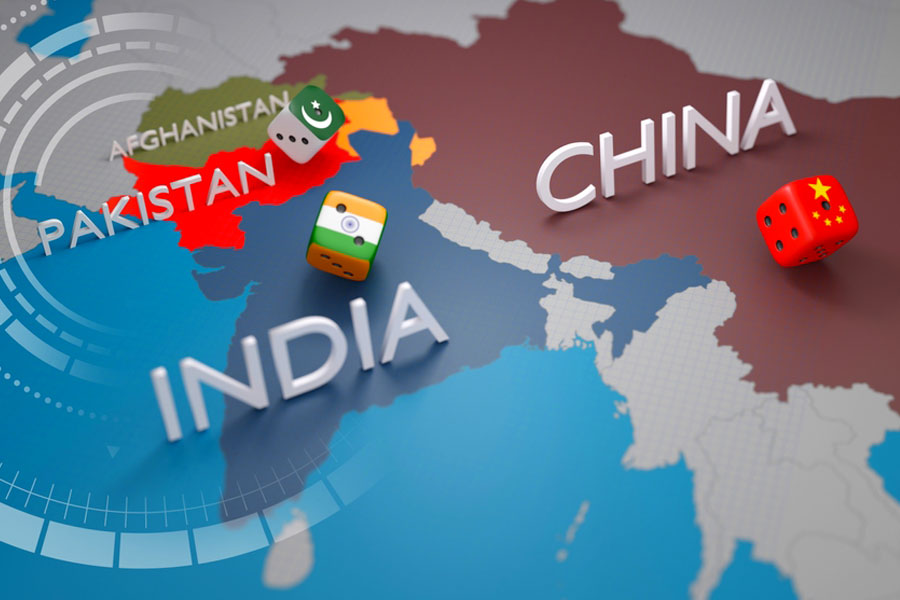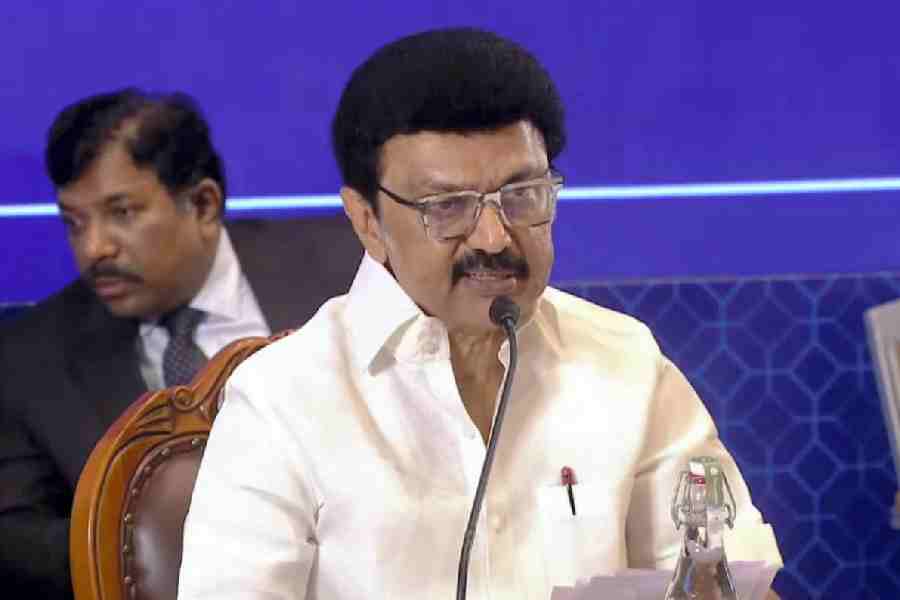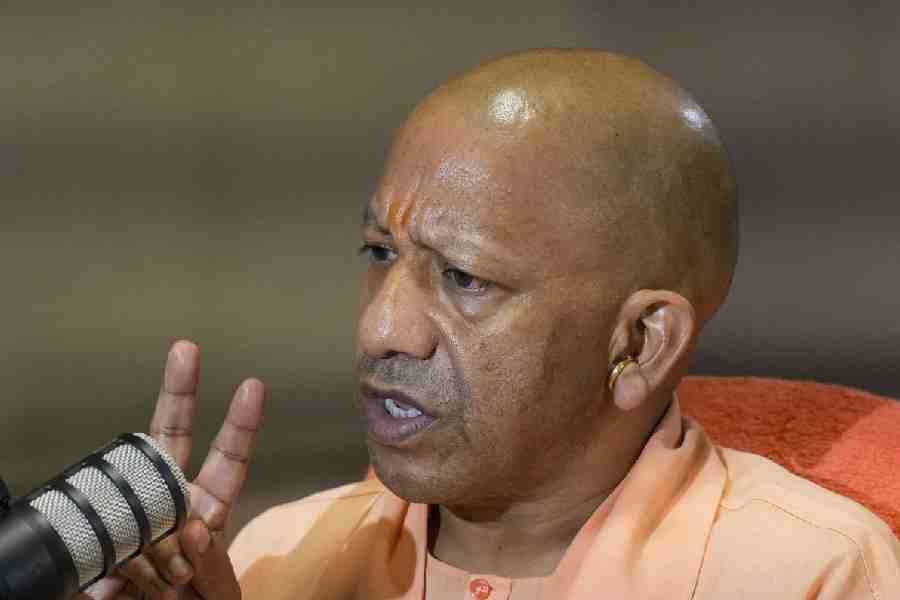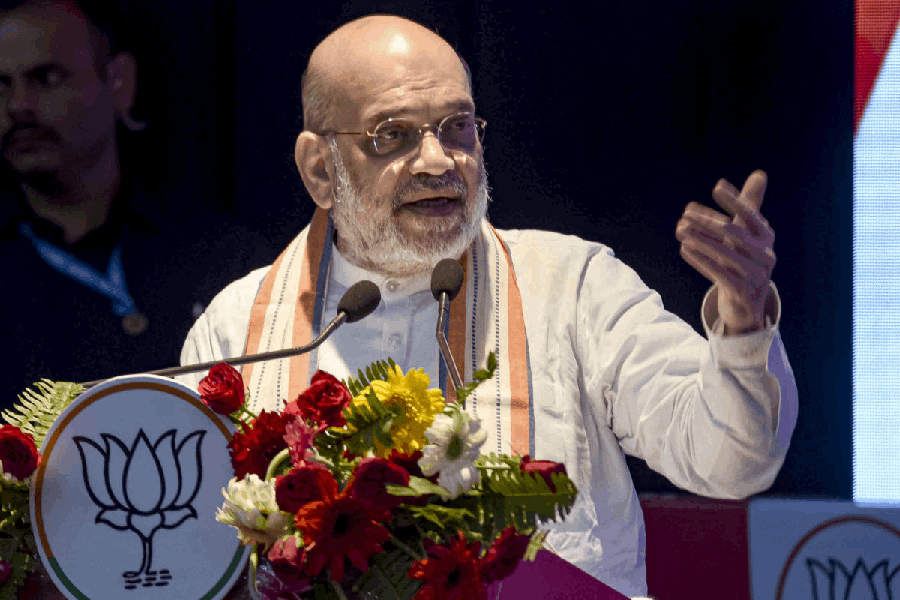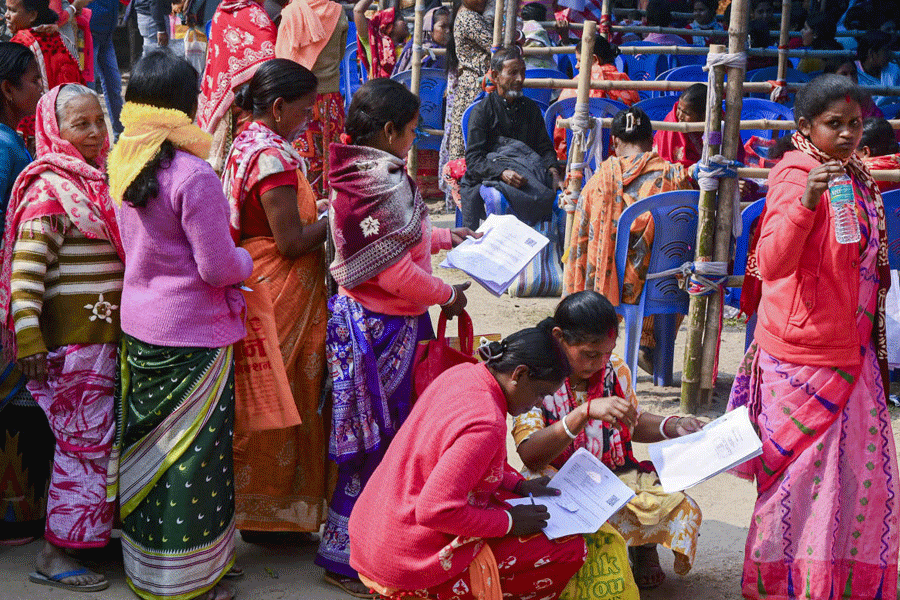|
|
| Mistaken identity: Hrithik Roshan in the film Koi... Mil Gaya |
In three months, Purnima Jain will have to start turning parents away. Each month, typically 30 to 40 parents call at the School of Hope, New Delhi, that provides special education to children with autism, a disorder marked by unusual behaviour and lack of communication skills. “We want to maintain a teacher-student ratio of 1:3 and we’re going to run out of space very soon,” says Jain, principal at the school which moved into a new building just 10 months ago. “I feel really bad for the parents. There just aren’t enough schools for autistic children.”
Her plight stems from a steep rise in the diagnosis of autism across India in recent years. “The increase in autism we’re witnessing cannot be explained by better detection and awareness alone,” says Professor M.K.C. Nair, director of the Child Development Centre at the Medical College, Trivandrum, and president of the Indian Academy of Paediatrics. A decade ago, says Nair, his clinic would diagnose autism in a single child once a month. Now, it typically diagnoses autism in perhaps 10 to 20 children each month.
Unlike in the US and some European countries, there are no studies in India that document the rise in autism. “But it is possible that what we’re seeing in India reflects a global trend,” Dr Shobha Srinath, head of child psychiatry at the National Institute of Mental Health and Neurosciences (NIMHANS) told The Telegraph. In recent years, several studies in the US and Europe have shown an unexplained rise in the diagnosis of autism. In the US, California researchers have recorded a three-fold increase in autism over the past decade.
Doctors concede that part of the observed rise in autism is also the result of greater awareness among the public and better diagnostic strategies. That may have been brought about in large part by intense lobbying by parents-driven groups trying to sensitise the public and the government to recognise autism as a problem.
“There has been a sharp increase in awareness about autism,” says Srinath at NIMHANS. But sometimes this leads to inaccurate presumptions. When Rainman first played on Indian screens, hardly anybody in India knew much about autism. But when Koi... Mil Gaya was released, everybody thought — and mistakenly — that ‘Rohit,’ the character played by lead actor Hrithik Roshan, was autistic. The widespread speculation even prompted Roshan to deny that Rohit was autistic.
The presumed incidence of autism, one in 500 newborns, in India translates into more than 20,000 new cases of autism each year. It isn’t the staggering numbers alone that is worrying doctors and parents. “The infrastructure to deliver special education for autistic children is woefully inadequate,” says Merry Barua, founder, director of Action For Autism (AFA), a parents-driven group based in New Delhi involved in education, training and campaigning for the rights of autistic children and adults.
Experts estimate that there are probably just 10 schools in India that provide special education exclusively to autistic children. “For a long time, autism just wasn’t on the government radar screen,” says Barua. For instance, the Persons with Disabilities Act passed in 1995 did not cover autism and parents have found it excruciatingly difficult to get disability certificates.
Disability in India has traditionally been focused on physical disabilities. “It is easy for most people to empathise with someone who is blind or who lacks limbs. It’s hard to understand a developmental disorder — autism, in particular, because of the highly uneven skills in autistic people,” says Barua. An autistic child may be able to write excellent poetry, but won’t be able to talk. Another child may be able to do a three-digit multiplication in the head, but won’t be able to hold a pencil. Such variable patterns make it hard to evaluate and quantify autism — something required by law to be labelled as a disability. A government panel six years ago recommended changes to the Disabilities Act, but the law hasn’t changed yet. “Doctors appear to have a hard time recognising this as a disability,” says one parent who, after several frustrating weeks at the All India Institute of Medical Sciences, New Delhi, accepted a certificate that certified his autistic son as ‘mental disabled’.
“Early intervention can be crucial in autism,” says Srinath at NIMHANS. Vital ‘wiring’ in the human brain occurs in the first three years of life. Connections form between brain cells and some of this wiring influences the ability for social behaviour and communication skills. “Early intervention through the form of special education and behaviour therapy can alter the course of this disorder and can help some children go to regular schools and even get into mainstream life,” says Srinath. But early intervention hinges on rapid diagnosis.
| Learning the Signs |
| There is no known cure for autism. Doctors say the most effective treatment so far is structured teaching aimed at early education to impart new skills that will enable the child to talk, interact, play and learn. Typical symptoms of autism |
Indrani Basu in Calcutta still can’t forget the agonising decade when she visited the best paediatricians and psychiatrists in town trying to find out why her four-year old son was different from other children. She had noticed that he had difficulty following instructions in class, and he didn’t appear to play enough. One doctor censured her for working, another blamed her for pampering him, others labelled him as mentally retarded or hyperactive. One psychiatrist said he had childhood schizophrenia and prescribed medication.
It was only when, against the advice of her Calcutta psychiatrist, Basu took her son to NIMHANS, Bangalore, in 1998 that he was diagnosed, at age 14, as having autism. It turned out to be a relatively mild version of autism, something that might have been mitigated with early intervention. But in the absence of diagnosis for 10 years, no early intervention was possible. “Maybe it was because of their ignorance or lack of information, but they messed up our lives,” says Basu.
Rapid diagnosis would require higher levels of alertness among parents as well as doctors. A University of California, Los Angeles, study on the diagnosis of autism in India published earlier this year indicates that parents in India notice something different about their child about six to 10 months later than has been found for parents in the US.
“Norms about child development are culturally shaped and impact on when a symptom may be recognised as problematic,” UCLA psychiatrist Tamara Daley said in her study published in Social Science and Medicine. As a psychologist points out, a child that keeps quiet without emotions is sometimes interpreted as a ‘good child’.
A survey conducted by the AFA in the late 1990s among 1000 paediatricians across India revealed prevailing misconceptions. Half of the paediatricians wrongly believed that autism is more common among high socio-economic families, that emotional factors play a role, that it is caused by cold and rejecting parents — a decades-old theory that was junked by professionals worldwide.
But things appear to be finally changing, though at a pace slower than desired. Last week’s Union budget extended certain tax exemptions to people with autism. Delhi chief minister Sheila Dixit laid the foundation stone for a National Centre for Autism in New Delhi, an AFA project that will seek to extend education to a larger number of autistic children as well as train more teachers.
“The goal is to work towards helping them integrate into the community,” says Barua. At the foundation stone-laying function on Friday, Basu’s son, now 21, sang a poem: So what the hell I bite my hands/ How I can be strange in a strange man’s land/ I just don’t get your jokes/ Mindblind. Sometimes the colours can hurt/ I’m not really certain why I flap the lights/ But it’s me you’re with tonight/ Mindblind.
|
|
| Reaching out: A mother with her 10-year-old autistic child |
It could be in the genes
Head injury, emotional trauma, ‘refrigerator moms’, and a common childhood vaccine have been erroneously blamed at various times, but the cause of autism remains elusive, a subject of intense medical speculation and research. “No one knows the cause,” asserts Dr Shobha Srinath, head of child psychiatry at NIMHANS.
However, recent medical studies point to a genetic component of autism — people with autism appear to have an inborn genetic predisposition to autism. (Four out of five autistic children are boys.) Most scientists now believe that autism is the outcome of the interaction of genes and environmental offenders.
“The right question to ask is what environmental factors — chemical or physical insults — may be contributing to autism in children who are genetically susceptible to it,” Dr Isaac Pessah, a scientist at the University of California, Davis, told The Telegraph. “A possible answer may be the interaction of several genes and several environmental factors.”
There is evidence that many genes are involved in autism and a class of related disorders clubbed as autism spectrum disorders. Pessah is among researchers now scrambling to pinpoint ‘environmental offenders’ by investigating the connection between genes and environmental factors.
With colleagues at the UC Davis School of Medicine, Pessah is selecting autistic children and non-autistic children and examining their exposure to a broad array of factors — industrial chemicals, consumer products, illness of the mother during pregnancy and of the baby after birth, drugs, vaccines, as well as diet.
The scientists will also seek out correlations between possible exposure to such factors and the body’s biochemistry. While environmental factors have not been ruled out, the president of India’s paediatric community Dr M.K.C. Nair has asked doctors to keep in mind a possible association between prolonged exposure to TV in children below three years of age, absence of siblings to play with, and poor parental commu-nication skills.
Nair emphasises that these are not causes of autism, but could “make things worse” for children with inborn genetic predisposition.
The concept of cold parents, sometimes dubbed as ‘refrigerator moms’ has long been discounted as a causative factor for autism. “But it makes sense to suggest that such environmental factors may play a role in contributing to the severity of the disease in children who are autistic,” says Pessah. “There is good scientific evidence that very early behavioural intervention can mitigate some of the social and communication problems in some autistic children.”

